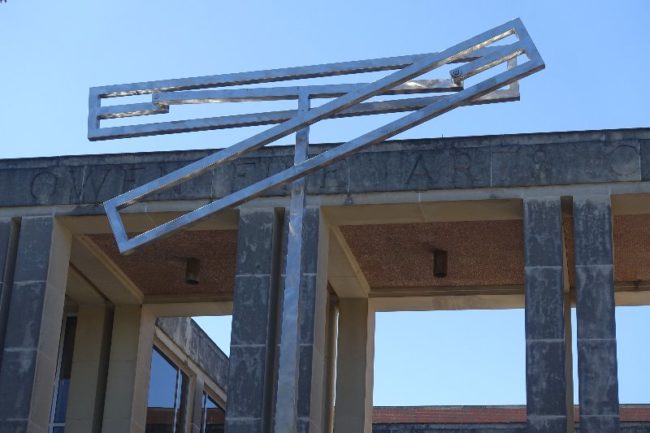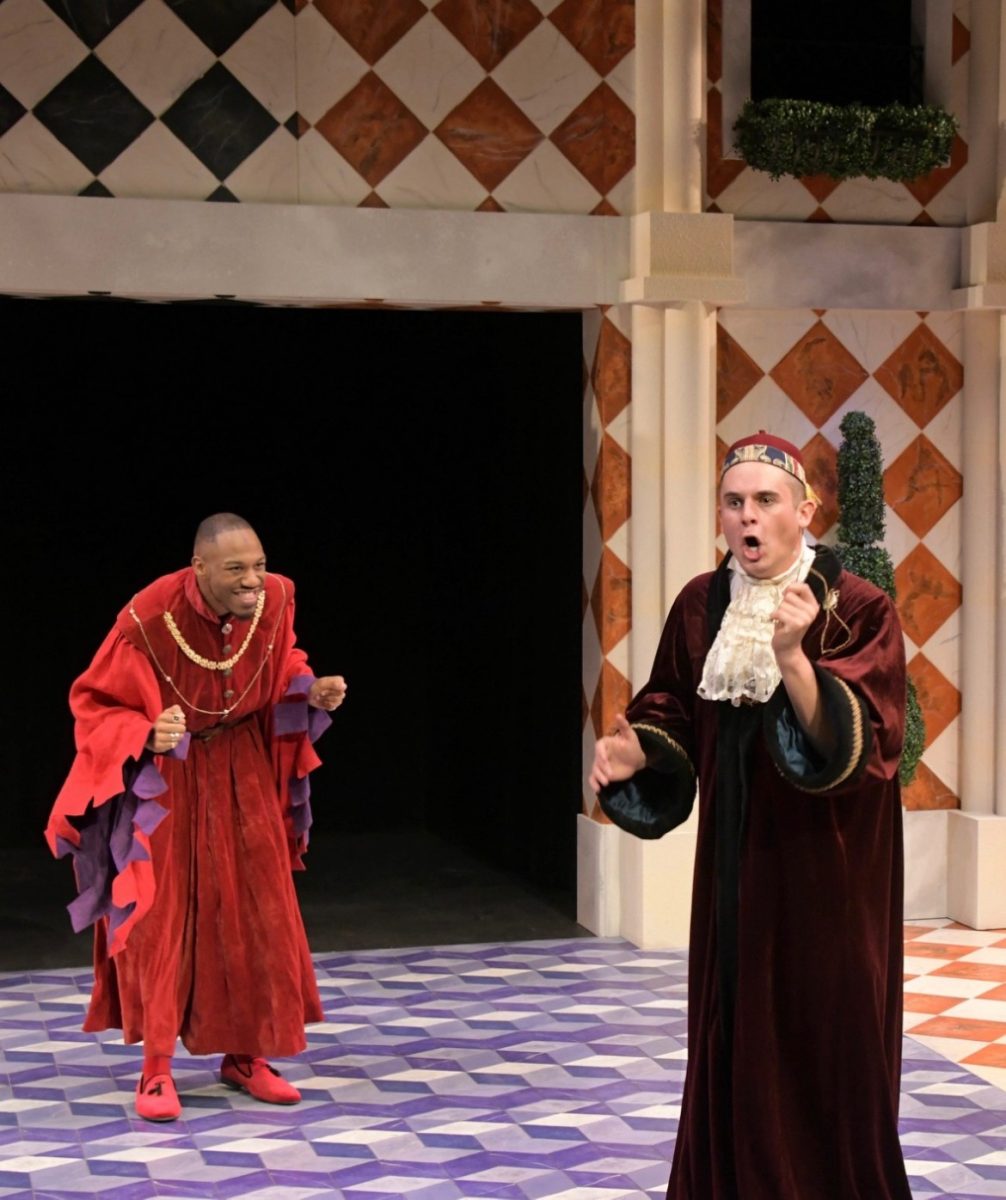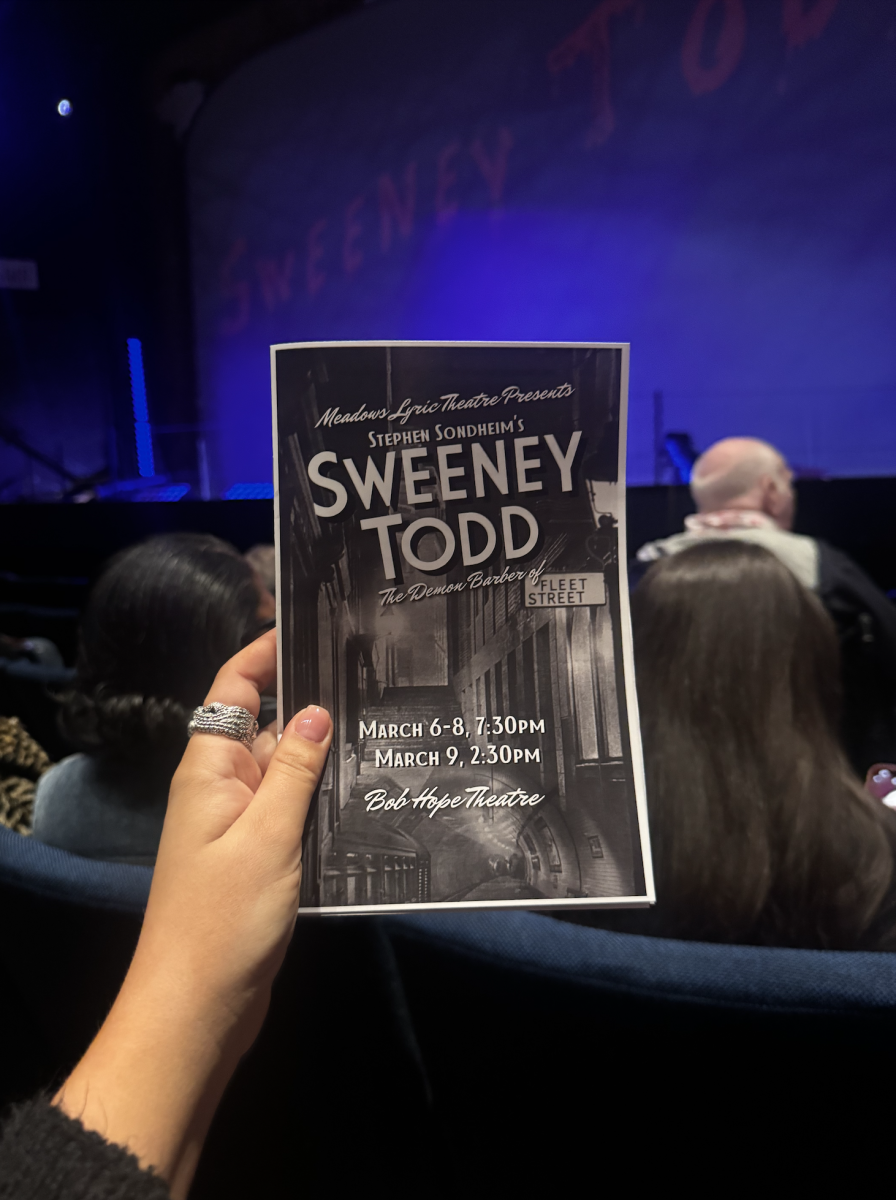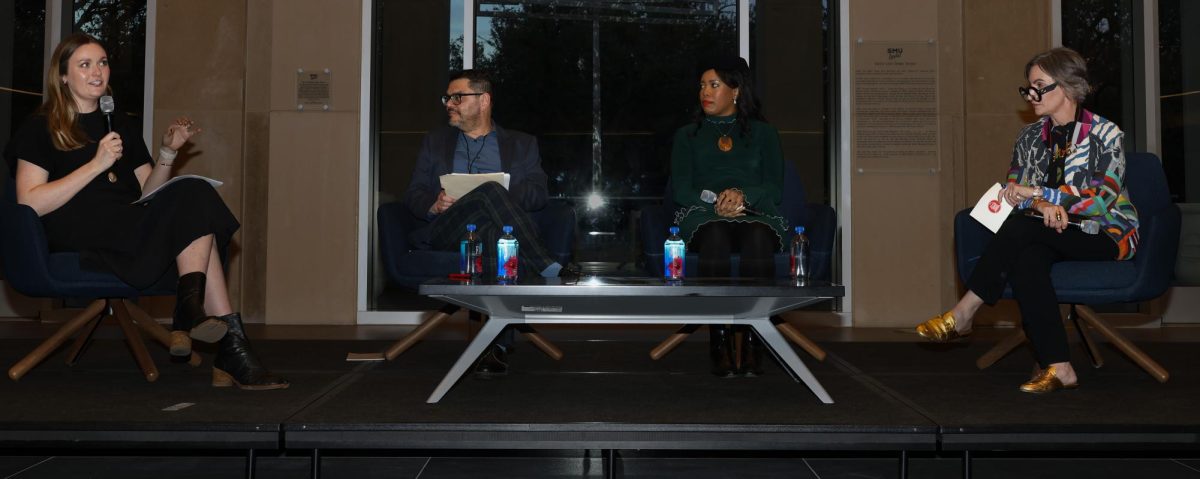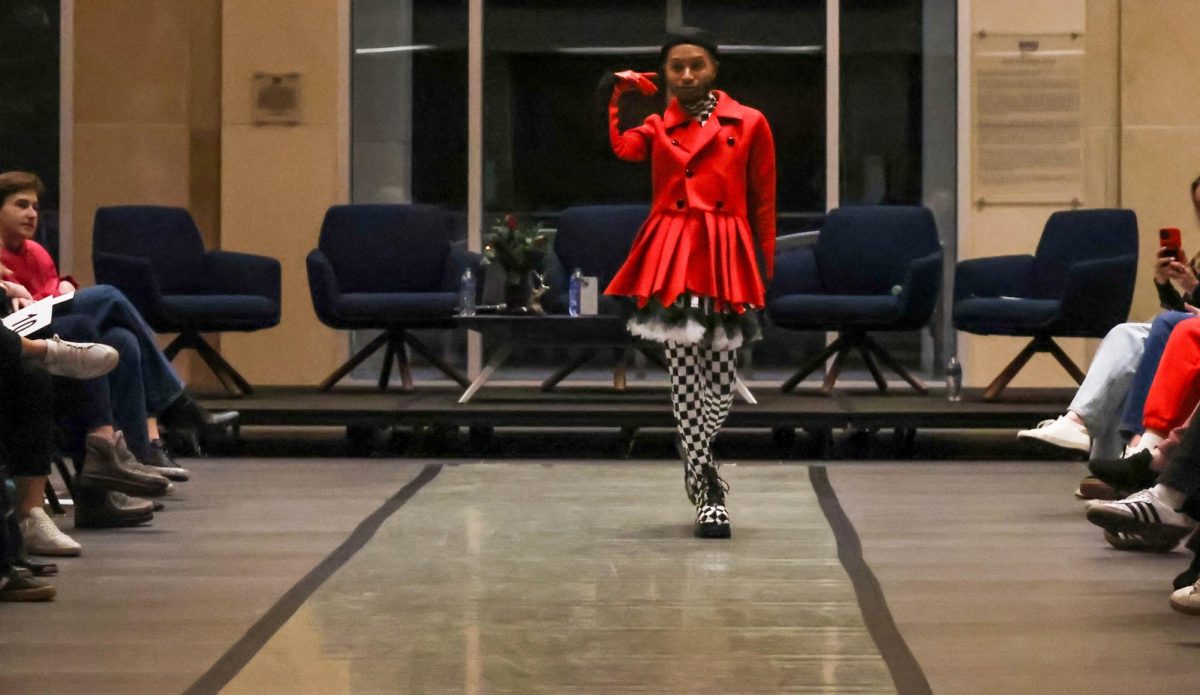Meadows School of the Arts will inactivate many of their zero credit classes starting in Fall 2020, and this will affect students campus-wide.
Although Meadows is ensuring that this change will only impact SMU and its students positively, there are a number of students who question the impact that it will have on their degree plan.
One of these students is Brandon Choi. Choi is a transfer student majoring in Saxophone Performance and minoring in Arts Management, who also plans to pursue a Masters degree in Music Education.
When Choi transferred, what appealed to him the most about SMU was its liberal arts perspective of education and its versatility. Choi liked the idea of being able to mix and match whatever he wanted to do.
SMU’s removal of zero credit classes limits Choi’s chance to do so.
“I was going to have a few minors,” Choi said. “I can’t do that anymore.”
However, Choi is not the only student whose plans might have to change. Students across campus will be impacted, whether they’re majoring in a Meadows department or not.
This is especially true for double majors and students that are already taking 18 hours. Many need the zero credit classes to balance their academic and performance workloads.
Many non-Meadows majors take zero credit courses to stay involved in the arts and to continue their creative expression outside of their major.
Few of the UC classes overlap with Meadows courses, making it difficult for students to fit in all of their classes and graduate on time.
Senior Associate Dean for Academic Affairs, Kevin Paul Hofeditz, explained the decision to inactivate many zero credit classes.
“There are a number of reasons why zero credit hour courses are offered and a number of reasons why offering them is potentially problematic,” Hofeditz said. “The foremost reason for not offering zero credit hour courses is that the students should receive academic credit for the work that they do in any and all courses in which they are enrolled.”
Since the purposes for the establishment of each zero credit course varies, Meadows looked into each course and weighed the reasons for and the viability of each individual class.
One of the departments that exemplifies this process is the Division of Music. A particularly large amount of Meadows’ zero credit courses are within this department.
“Because of the large number of such courses in the Division of Music, the Division’s leadership took the issue very seriously and conducted a thoughtful and comprehensive review of all of Music’s zero credit hour offerings,” Hofeditz said.
Like Hofeditz, the Division of Music also weighed the pros and cons. They believe that inactivating many zero credit classes will be a step in the right direction.
“All in all, this has been a very positive step on the part of the Division of Music and one that should, in fact, benefit students for years to come,” Hofeditz said.
Meadows wants to be able to work with their students through this transition.
Hofeditz suggests that students turn to their academic advisors for questions about “the potential impact of this initiative on their individual programs of study.”
Associate Director of the Division of Music, Melissa Murray said that Meadows also deactivated a few other courses to streamline their curriculum, though students will not lose any contact hours. Murray also noted that Meadows is keeping the zero credit review courses mandated by the National Association of Music Schools.
See below for a list of inactive courses for the Division of Music in Fall 2020.
- Guitar Repertoire – MREP 5030
- Orchestral Repertoire: Woodwinds – MREP 5040
- Orchestral Repertoire: Brass – MREP 5050
- Orchestral Repertoire: Strings – MREP 5060
- Orchestral Repertoire: Percussion – MREP 5070
- First Year Arts Community Experience – MSA 1001
- Techniques of Instrumental Accompanying – MUAC 6001
- Techniques of Vocal Accompanying – MUAC 6002
- Practicum in Collaborative Performance – MUAC 6003
- Practicum in Music – MUAS 3011
- Internship in Music – MUAS 3084
- Music History Review – MUHI 6000
- Research in Music History Thesis – MUHI 6082
- Junior Recital – MURE 3001
- Senior Recital – MURE 4001
- Graduate Recital – MURE 6001
- Graduate Recital – MURE 6002
- Composition Seminar – MUTH 5000
- Keyboard Skills – MUTH 5010
- Graduate Theory Review – MUTH 6000
- Thesis in Composition – MUTH 6081
- Departmental Performance Class – PERB 1001
- Sight Reading for Pianists I – PERB 1011
- Sight Reading for Pianists II – PERB 1012
- Meadows Opera Workshop – PERB 2017
- Music Theatre Workshop – PERB 5019
- Music Theatre Acting and Performance – PERB 5022
- Departmental Performance Class – PERB 6001
- Program Notes – PERB 6009
- Point: Interdisciplinary Project and Performance Ensemble – PERE 5010
- Mustang Strings: An SMU Campus Orchestra – PERE 5011
- Mustang Marching Band – PERE 5012
- Meadows Chorale – PERE 5013
- Meadows Chamber Singers – PERE 5014
- Meadows Jazz Orchestra – PERE 5015
- Diva Dolce – PERE 5016
- SMU Symphony Band – PERE 5017
- Meadows Wind Ensemble – PERE 5019
- Meadows World Music Ensemble – PERE 5021
- Meadows Opera Ensemble – PERE 5022
- Directed Studies in Chamber Music – PERE 5023
- Jazz Combo Performance Workshop – PERE 5025
- Meadows Guitar Ensemble – PERE 5030
- Chamber Ensemble: Piano Duos – PERE 5068
- Chamber Ensemble: Sonatas – PERE 5069
- Chamber Ensemble – PERE 5071
- Additional Chamber Ensemble – PERE 5072
- Meadows Percussion Ensemble – PERE 5073
- SYZYGY Contemporary Chamber Ensemble – PERE 5077
- Private Study: Piano – PIAN 3000
- Vocal Coaching – VOIC 3015
- Vocal Coaching – VOIC 4017
- Vocal Coaching – VOIC 6005
- Vocal Coaching – VOIC 6007



